Lesley McKenna: 5 Ways Action Sports Can Help Us Tackle The Challenges We Face
In this special guest post, Wandering Workshops mountain guide, Olympian and 2014 and 2018 GB Park and Pipe mastermind Lesley responds to recent posts by Calum and Rebecca.
If you’ve been following Looking Sideways for a while, like I have as a guest and listener, you’ll know that certain themes have developed over the lifetime of the podcast.
And one of the most fascinating recent themes has been an ongoing debate around what Matt has been referring to as our ‘transactional’ relationship with nature.
What does this mean? It’s the idea that, however unwittingly, for our community the natural world only really exists as a canvas on which to project our own enjoyment or edification.
For example, that a mountain only exists as a home for a ski lift so I can spend the season riding powder; or that I appreciate this body of water only because it exists to benefit me mentally, rather than as an ecosystem I’m part of and should try to protect.
Matt began to explore this idea in episodes and on IG Story posts after he attended a protest about the state of our waters in the UK, and noticed that almost none of the local surf or swim community, who seem to take so much from this particular local environment, had bothered attending.
His musings about this lack of engagement among the very community that you’d think would have a stake on such a none-partisan issue prompted snowboarder, activist and LS community member Calum McIntyre to write a very well-argued piece (above) about the general lack of engagement among our community when it comes to significant issues such as the climate debate. That one is now free to read, and I highly recommend you check it out.

Other voices have also recently begun to explore this question, like Rebecca Olive in this piece.
Yet another interesting perspective was provided by Stan Townsend in this article, which asked how we might use the appeal and attractiveness of action sports to tell stories that influence how we engage with issues like climate change or water quality. Rather than the solipsistic, one-dimensional, ‘man-versus-nature’ narratives that most action sports storytelling seems to exclusively trade in.
As you’ll know if you’re listened to any of my conversations with Matt on Looking Sideways, discussions like this fascinate me, especially in relation to our beloved sideways activities. And these thoughts from Matt, Calum, Stan and Rebecca have got me thinking about a few key questions:
- What is it about action sports in particular that might help us in the bid to tackle the big challenges that humans and the planet face today, and in the future?
- If we consider how in western capitalist democracies, the last fifty years have focused more and more on the individual, and especially on delivering external returns (whether that’s making money for shareholders, or bringing fame and the power to influence through marketing of one kind or another), can we better understand how action sports plays into this view? How could it be different?
- How can we inspire our communities to promote responsibility and action on the climate emergency and other issues? And what role can leaders in action-sports play in this?
With all that in mind, here are five thoughts on how we might use lessons from action sports to impact some of the larger issues we currently face.
1. Ask the right questions
The kinds of issues that come up in relation to what we are calling a transactional relationship with nature are also in evidence in similarly transactional relationships with other humans as well.
The reasons why these dynamics evolve in an exploitative way (where people and the natural world are seen as a means to an end, rather than something worth protecting for its own sake), are always complex and nuanced.
But it almost always comes down to a lack of balance between freedom and responsibility. And, by extension, fairness and justice in relation to the interplay between the needs of the individual, as well as the needs of the natural world, the wider community, and society as a whole.
The crucial debate about where this balance should sit is currently shaping our society at every level, whether that’s through debates such as Brexit, mask-wearing and vaccines, the ‘culture war’, or even climate change. On a far smaller scale, it was also the dynamic that was at play when Matt noticed none of his local surf community had bothered to attend the protest about the cleanliness of the local waters where he surfs, for example.
It’s a scenario that also throws up some questions that are very worth asking as we start to look more deeply into this ‘transactional’ dynamic, and look at what we can learn from action sports culture:
· What do we mean by the idea of action sports ‘cultures and communities’, beyond the idea of a demographic to sell product or services to?
· Do these cultures and communities really actually exist? This is one reason why the entire debate around the Big Sea, and the lack of engagement from the surf community and industry, is such a fascinating ongoing conversation.
· What do we actually value as a community? The environments we play in? Or just the feelings we individually get from playing in these environments, which again is the focus of almost all industry and brand marketing?
· How do we get a balance of freedom, responsibility, risk, sustainability and justice? And what does this mean for leadership and for social ‘buy-in’ when it comes to issues of freedom and responsibility?
Understanding the terms of the debate, and the questions we should be asking, enables us to draw important conclusions.

2. Community is our common ground
If we’re looking for common ground when it comes to action and outdoor sports, a good place to start are the experiences people have when skating, snowboarding or surfing.
Although words like ‘stoked’ or ‘psyched’ are a cliche, they resonate with surfers, skaters and snowboarders because nobody has yet come up with a better way of describing how good it feels when you’re flying down the line, turning in powder, or finally landing a new trick.
And it is in this definition of ‘community’ – the community of shared experience – that we find something powerful to harness for a wider purpose.
After all, ‘progression’, the thing that truly sets our cultures apart from mainstream sporting culture, is actually a hugely nuanced and satisfying experience.
It means transcending your personal mental, physical and emotional limits, while also being acutely aware of the way you and your friends interact with the hazards and opportunities provided by the environments we play in.
This leads to powerful and unique problem-solving and learning experiences that encourage creativity, courage, collaboration, respect, resilience, self-awareness, humility, clear-headedness, and clarity and precision of action. The good stuff that is the foundation of all personal and community development.
These are all virtuous traits that can help in any challenging situation where collaboration, problem-solving and effective action is needed.
I believe these experiences underpin action sports cultures and communities.
And that, potentially, these communal experiences could have an important role to play in our crisis-ridden, overly-individualized and highly transactional world.
3. What is fair? Knowing the score or ‘rules’ of the game.
The way action sports communities ‘manage’ what I am going to call the ‘rules’ of the game offers another salutary lesson.
Any ‘rules’, especially outside of competition, are related to what the culture and community find to be acceptable, and are ultimately what gives our cultures meaning, especially in relation to fairness and safety.
This process is the perfect example of how those aforementioned ‘virtuous’ traits progression helps to develop can also support a practical view of freedom and responsibility.
One that takes fairness into account as both the foundation of equality of opportunity/freedom, and the foundation of creativity, beauty and excellence (known, in our world, as ‘style’).
What rules exist in our scenes are often more like codes, and are also often taken up voluntarily, especially outside of the competition environment. Away from the contest scene, the policing of these is left up to the community where more experienced members often pass on the ways of being, including the ‘rules’, to newcomers and those learning the ropes.
Think about the way wave priority works in a line up, or the way space is managed in a skatepark for example. These rules are important, because they provide the framework by which participants can find their own intrinsic feelings of freedom, and the platform through which to express their own creativity.
Our codes define the possibility for a kind of fairness, both in terms of respect for others, but also a fairness in the sense of being beauty and style, and they become more pronounced the more the risk or challenge relates to everyone involved. That’s another way progression works.
Harnessed in service of a greater goal, these positive, self-perpetuating cultural tendencies have a latent power that is waiting to be unleashed.
4. What makes something good? Or why failure can also be success.
Seeing failure as something to be celebrated is the ultimate pragmatism, and is surely something unique to action sports.
It’s how risks and challenges are overcome, and why our peers, who understand the task and difficulty, uniquely appreciate and validate them as an act of collective celebration – as when the entire skate park cheers when somebody finally lands that trick, for example.
This is one of the key things that builds individuals into a community that shares ways of understanding and working: our own organic ‘standards of excellence,’ if you like.
It’s one of the things that is so great and nuanced about action sports culture, and which you can see mainstream commentators completely fail to understand every four years when the Olympics come around again, and they completely cannot get their heads around the fact that the competitors are genuinely all friends who are rooting for each other.
It also gives substance to any notion of shared values, and what that might mean when it comes to behaving ethically.
And it’s here that we can make a connection to the notion of ‘imperfect’ activism, and how we must stop being hamstrung by accusations of hypocrisy if we espouse change while living anything less than a ‘perfect’ life.
You know the type of thing. How can you have an opinion on global warming if you fly to the mountains/own a car/participate in society. And so on.
But action sports teach you that not everything has to be perfect to have a great day or a worthwhile experience. And that the conditions very rarely align to be considered ‘perfect’.
Those ‘perfect’ days are few and far between. So trying for the best possible outcome with what is available and being able to think about ‘excellence’ as a process, and something other than ‘faster, higher, stronger’, allows for the kind of pragmatism that transforms failure into something positive, and fosters the resilience and curiosity needed for great days to happen.
And might also support us should we decide to tackle other, more insurmountable challenges: such as the climate crisis.

5. Find a true definition of leadership
What does a true leader look like? Is it Elon Musk, or Jeff Bezos, chasing growth at the expense of all else? Or is it Yvon Chouniard giving his company away to benefit the planet?
Is it Lance Armstrong, prepared to break any rule to achieve victory? Or is it somebody like Lucy Small, using her platform to change the conversation around gender equality in surfing?
In attempting to answer this question, action sports again have many lessons to teach us. After all, key aspects of the action sports experience – creativity, adventure, collaboration, expression, learning from others, valuing difference – light up the aspects of human nature that promote connection to others and the environment.
This, in turn, promotes responsibility, which then supports feelings of freedom. By focussing on the parts of our culture that are ‘fair’ in terms of both goodness and equity, instead of fixating on transactional or external aims, we can find a balance of freedom and responsibility.
And a notion of leadership that has the power to affect real change.
If leaders at all levels of action sports can promote the virtuous traits and ways of working already naturally found in our culture, the likelihood that we can move away from the transactional relationship we have with nature, and create more ‘buy in’ to responsible action, greatly increases.
Not that this will be easy. Again, the response of the surf industry to the Big Sea – defensive, inward-looking, semantic and pedantic – is instructive. By this definition, leadership necessitates a willingness to learn from each other and to promote projects, large and small, related to the virtues we already learn through participating in these sports, rather than a vehicle for selling more products or achieving more individualistic growth.
There is a subtle but important difference here. Brands like Patagonia are very much ahead of the game, but there’s plenty of space for others to join in and demonstrate the leadership we’ll need in the future.
Got a story you to pitch me? I pay for contributions! Let me know if so!
Do you agree with Lesley’s ideas? Let me know in the comments below:




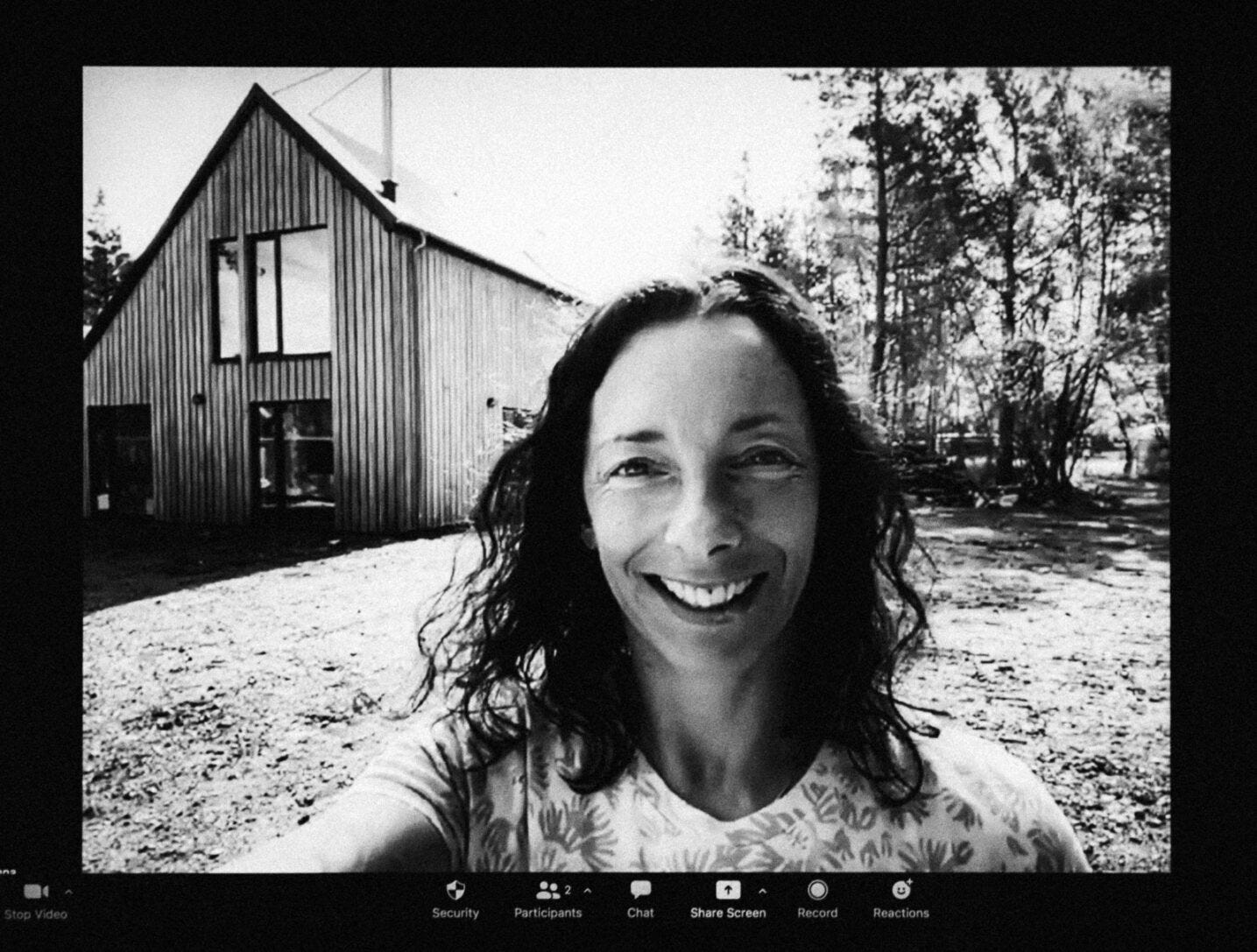

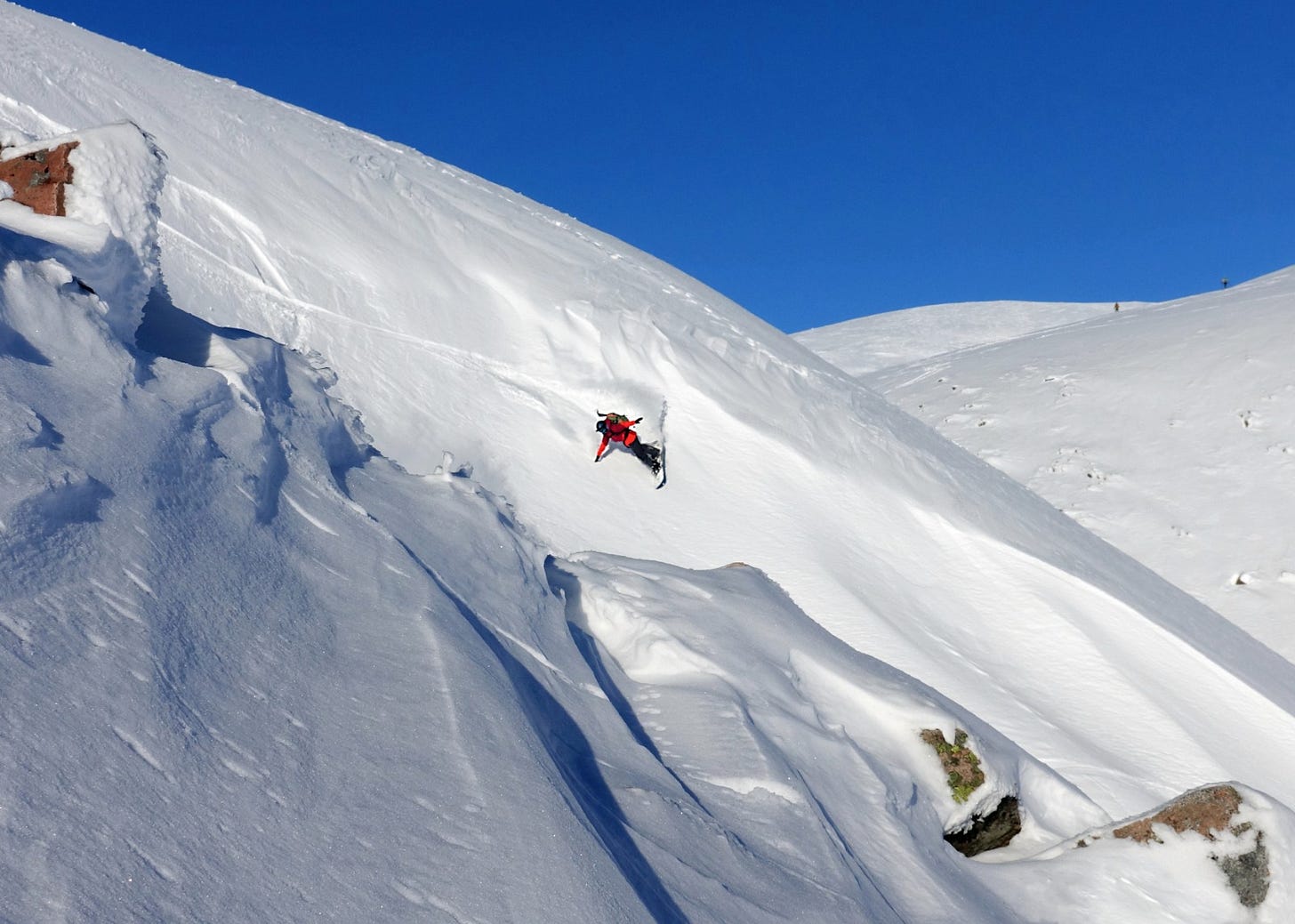
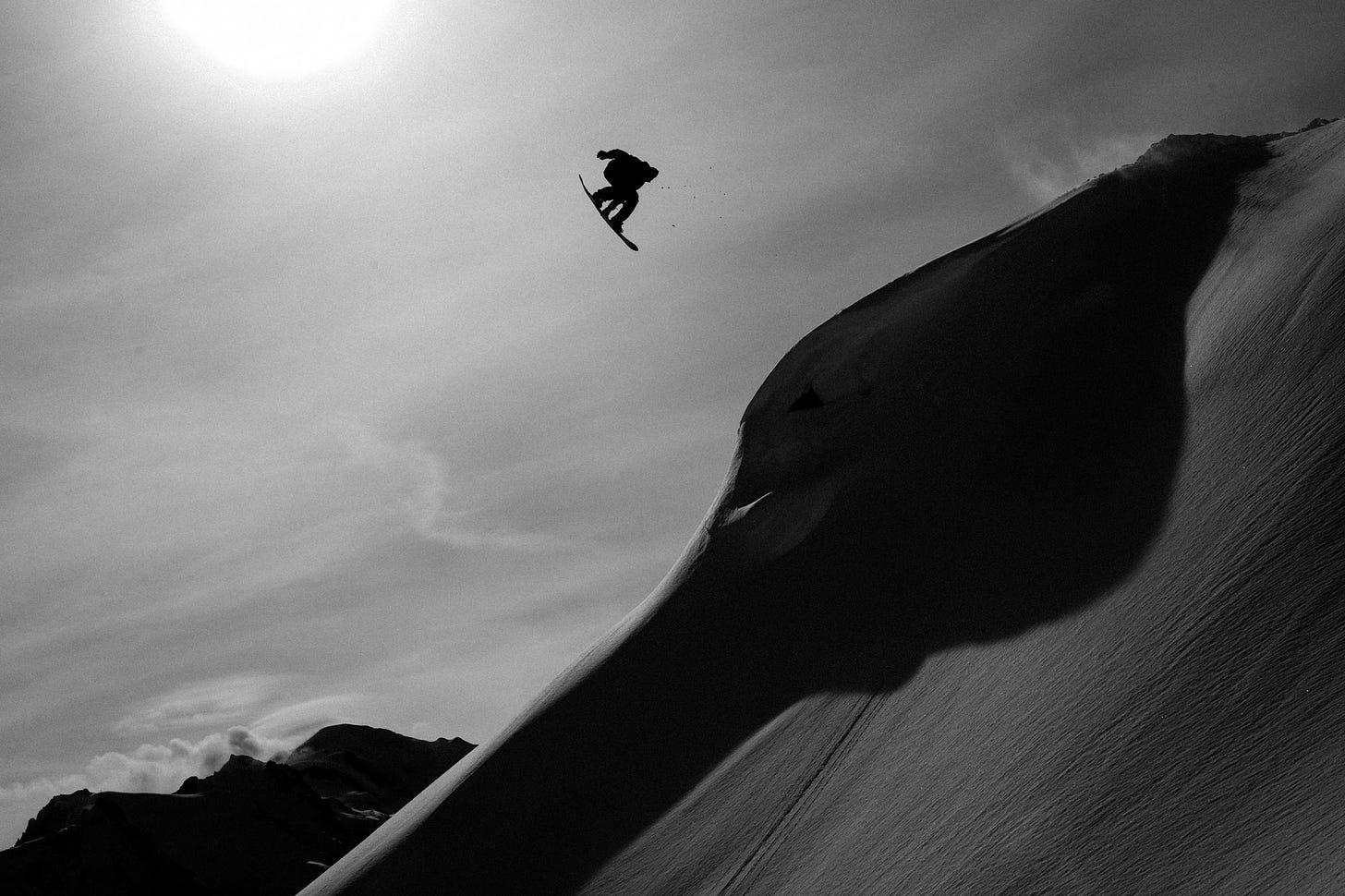
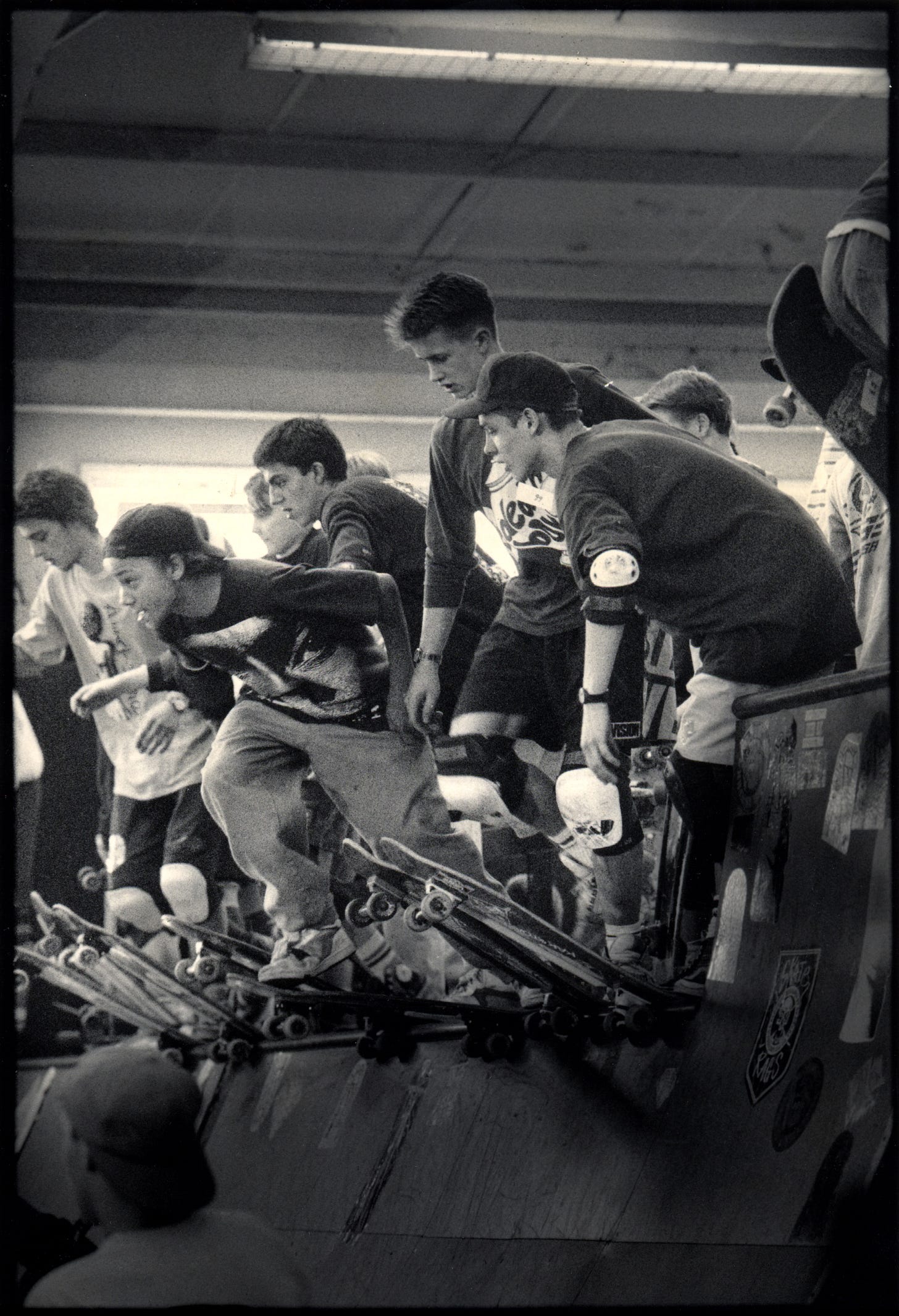
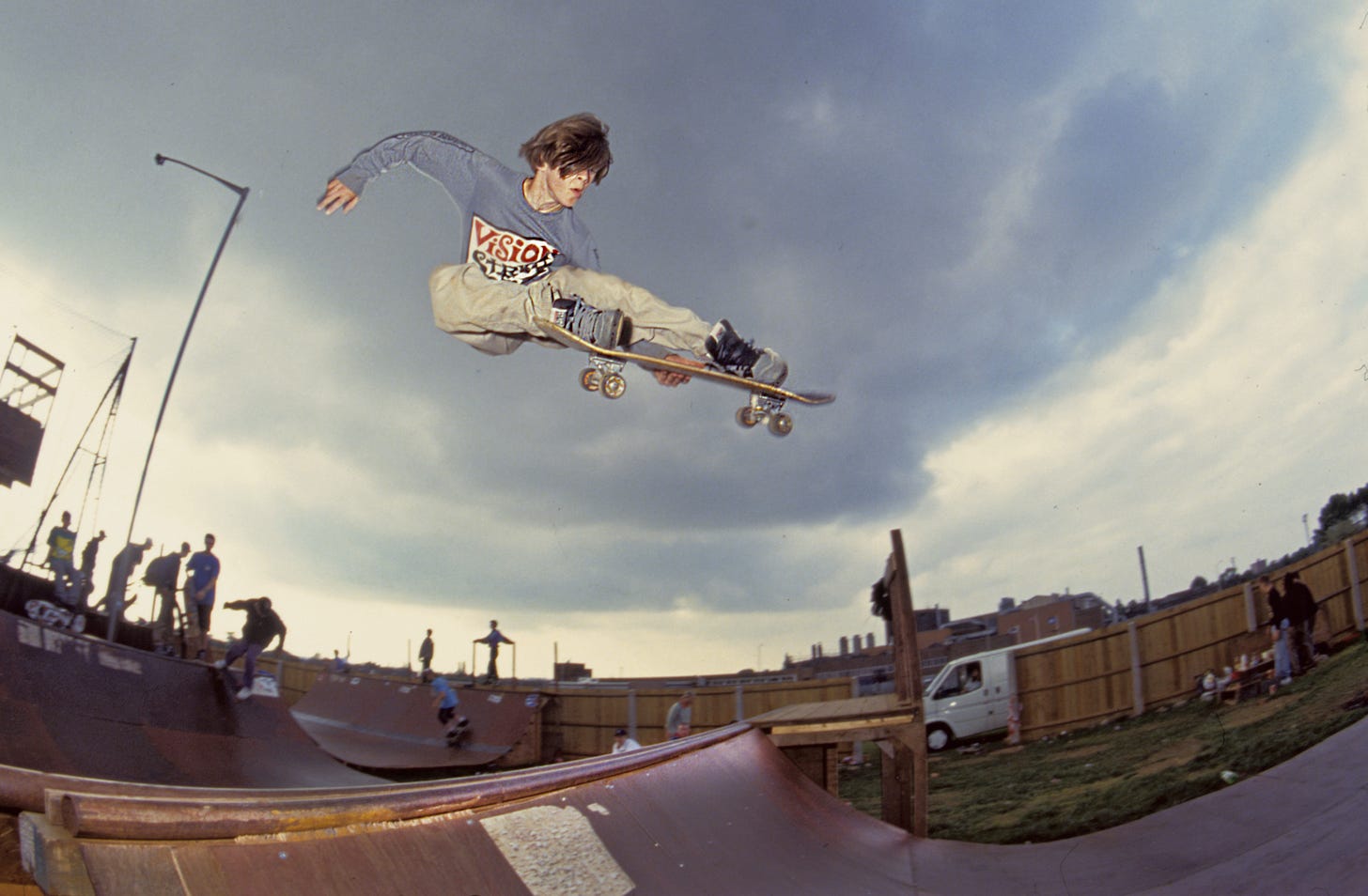
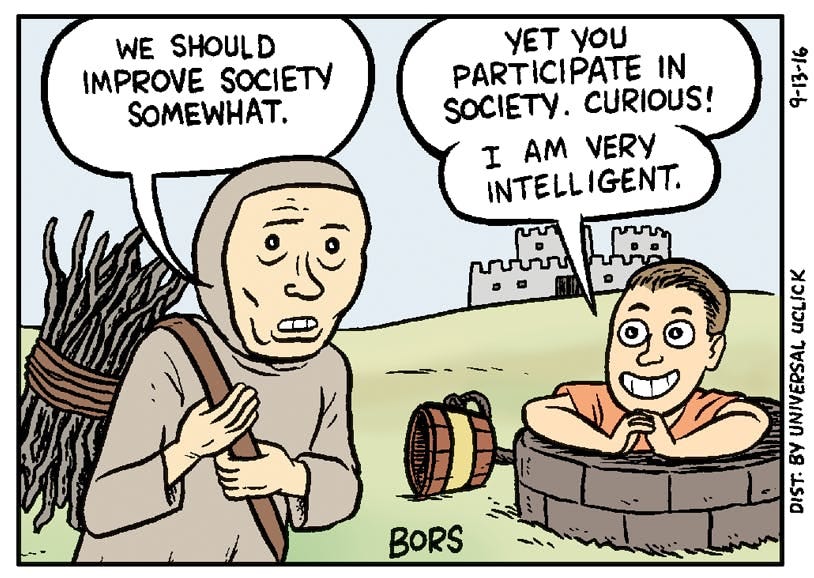
This is one of the most important pieces I have read on this topic. The two things that stand out to me are the parts on imperfection and true leadership.
On imperfection, it is such a valuable way to talk about "imperfect activism" when you relate it to the idea of a "perfect day" on the mountain (and how rare these days actually are) or the fact that imperfection and failure are actually ways that we in the action sports community build community. I have never thought of it like this before and it actually makes me quite sad to think how many comments I see from people in the action sports community asking "how did you get to the alps - by plane?" or "what's your snowboard made out of - oil?" etc etc. You are so right, ordinarily we celebrate the amount of failures it takes to achieve a new trick or line. Why are we in the outdoor and action sports community so fixated on the individual and the need for everyone to automatically be perfect when it comes to activism?
That brings me to the next part that stood out to me - true leadership. I, like other comments here, think this comes down in large part to the industry itself. I see a systemic lack of leadership (obviously with exceptions being companies like Patagonia, Finisterre, Picture etc) from the industry when it comes to the climate crisis and protecting nature. The reason a lot of us got into action sports to begin with is because we wanted to get away from the competitive and win at all costs attitude you would find in traditional sports. I feel the industry has a lot of work to do to bring back this sense of community and shared understanding - all progressing forwards together with the shared goal of landing that trick or scoring that perfect powder turn (or having a stable climate in the future).
I think this is acutely obvious through the outdoor industries response to the climate crisis. So many brands simply try to sell us this as an individual problem to solve by buying their new "sustainable" jacket or promoting an athlete driving an expensive electric car as the solution. The response to the climate crisis desperately needs some of those qualities that Lesley mentions above; "creativity, courage, collaboration, respect, resilience, self-awareness, humility, clear-headedness, and clarity and precision of action". Not more endless focus on the individual and a competition between brands to sell the most "sustainable" product. The industry needs to come together and understand that they have an absolutely crucial leadership role here. It should not just be up to a few brands - the whole industry needs to be the ones pushing for collective action and using their power to help the community drive political change to deal with the climate crisis.
When you see the response from the surf industry to the Big Sea it feels like there is a very long way to go.
Thanks for this Lesley! Resonates massively
I feel so strongly that we/the outdoor community have a special agency, capacity and duty to respond to converging crises in front of us. We should be the ones instilling nature connection & stewardship in others, understanding how to work with the power of diversity & authenticity and willing challenge the status quo.
This is all possible, many of us are already living change through what sport/adventure/time outside has given us. Similar to Alex's point below, a lot of where my thoughts are is where to work with and against our industry which really isn't on the same page by in large